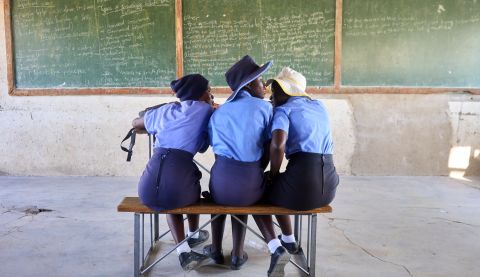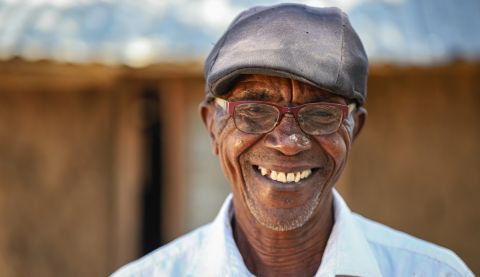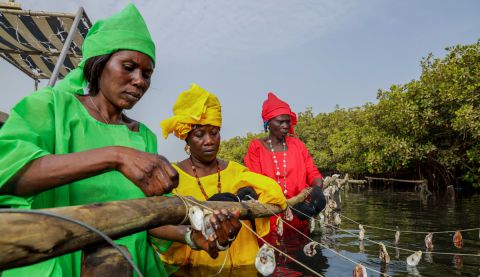
Blog
Our top reads
- Gaza risks falling into famine with the whole population now in food crisis
- Cost of living crisis: the statistics around the world
- Cost of living: UK period poverty rose from 12% to 21% in a year in 2023
- Climate Action: What is a ‘feminist just transition’?
- Violence against women: the statistics around the world








